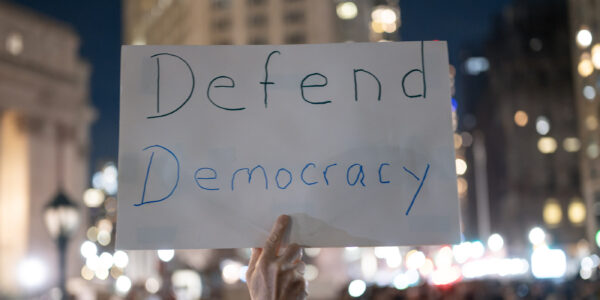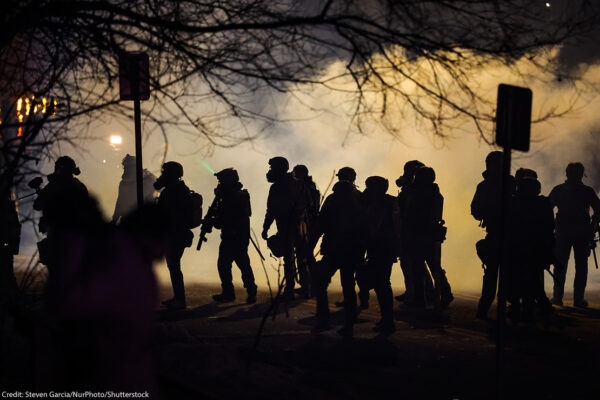Every day, in courtrooms throughout the state, New Yorkers are denied justice simply because they are poor. Ricky Lee Glover, a homeless Syracuse man, languished in jail for seven months without bail after he was accused of stealing copper pipes from an abandoned public housing complex. Though he knew nothing about the law, Glover finally filed a motion on his own.
"I think there's something seriously wrong with a system where people like me have to learn to become their own lawyers," Glover said.
He's right.
Currently, court-appointed lawyers across New York are overwhelmed by huge caseloads and lack sufficient staff and resources to do their jobs. Some lack the necessary experience and training to competently handle their cases.
As a result of these deficiencies, poor people facing criminal charges are often compelled to appear in court without a lawyer at critical junctures, such as when bail decisions are made. This often results in excessive bail being set and keeps too many people in jail awaiting trial, increasing their likelihood of conviction.
Many public defense lawyers also fail to: meet or consult with clients at critical stages in their cases; investigate the charges against their clients or hire necessary forensic experts; file necessary pre-trial motions; and provide meaningful consultation before clients accept plea bargains, even when this is a viable defense.
In November, the New York Civil Liberties Union sued New York State for failing to uphold its constitutional duty to provide effective counsel to all New Yorkers - rich or poor.
The situation is far too dire to wait for relief, however. So today the NYCLU filed a request for immediate emergency help to address New York's broken public defense system.
The public defense crisis in New York is unfair both to defendants and to the lawyers who are charged with representing them. Defendants are unfairly given second-rate justice because they cannot afford to pay private lawyers, and public defense attorneys are not given the resources, tools and training they need to do right by their clients.
The failure of New York's fractured public defense system is widely acknowledged. The inadequacy of the scheme has been well-documented for more than 40 years in dozens of reports by legal advocacy organizations, professional associations and government commissions.
In June 2006, a commission appointed by Chief Judge Kaye concluded that the state's public defense system is "severely dysfunctional" and "structurally incapable" of providing people effective legal representation. Recently the Innocence Project found that New York outpaces almost every other state in the number of wrongful convictions overturned by DNA evidence.
A broken public defense system impacts all New Yorkers, and all Americans. For more information on the case or to watch a video about it, visit the NYCLU web site.


